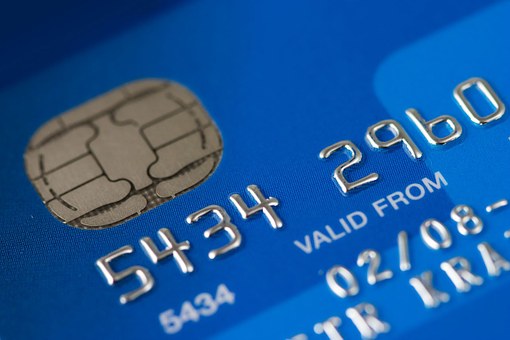And finally… the degradable PVC ‘bank card of the future’

Digital banking services provider Cashplus has announced the launch of the UK’s first payment card made from a new type of degradable PVC, offering its customers a more sustainable alternative to traditional plastic PVC debit and credit cards.
The new card uses eco-friendly Degradable PVC, developed by Cashplus’ card provider Tagnitecrest. This new material contains an additive that causes it to quickly degrade when left in compost, landfill or other microbe-rich environments, but otherwise has the same look, feel and durability of standard PVC.
According to trade journal The Nilson Report, around 6bn plastic payment cards are produced worldwide every year, that’s roughly 30,000 tons of PVC, the equivalent weight of 3bn 500ml plastic water bottles.
Cashplus CEO Rich Wagner, said: “We’re proud to be leading the way with the release of the UK’s first degradable PVC debit and credit cards. Our business is based on the idea that banking services should improve our customers’ lives, and this is a natural extension of that. We know people are increasingly conscious of plastic waste and other environmental issues, so want to offer customers, including the thousands of UK small businesses who use our services, a more sustainable choice.”
The final design of the new Cashplus card was voted for by Cashplus customers and the resulting product is aimed squarely at meeting the needs of today’s businesses and consumers. For example, the new range will have no signature strip on the rear of the card, an option being authorised by Mastercard from April.
Rich Wagner added: “This is a card for the digital age, doing away with the signature strip may seem like a small step but, for our customers, it’s an important sign that we understand how they want to use our banking services. Signature verification has been effectively obsolete for years and research has shown that banking customers place more confidence in modern technology-based security measures.”






